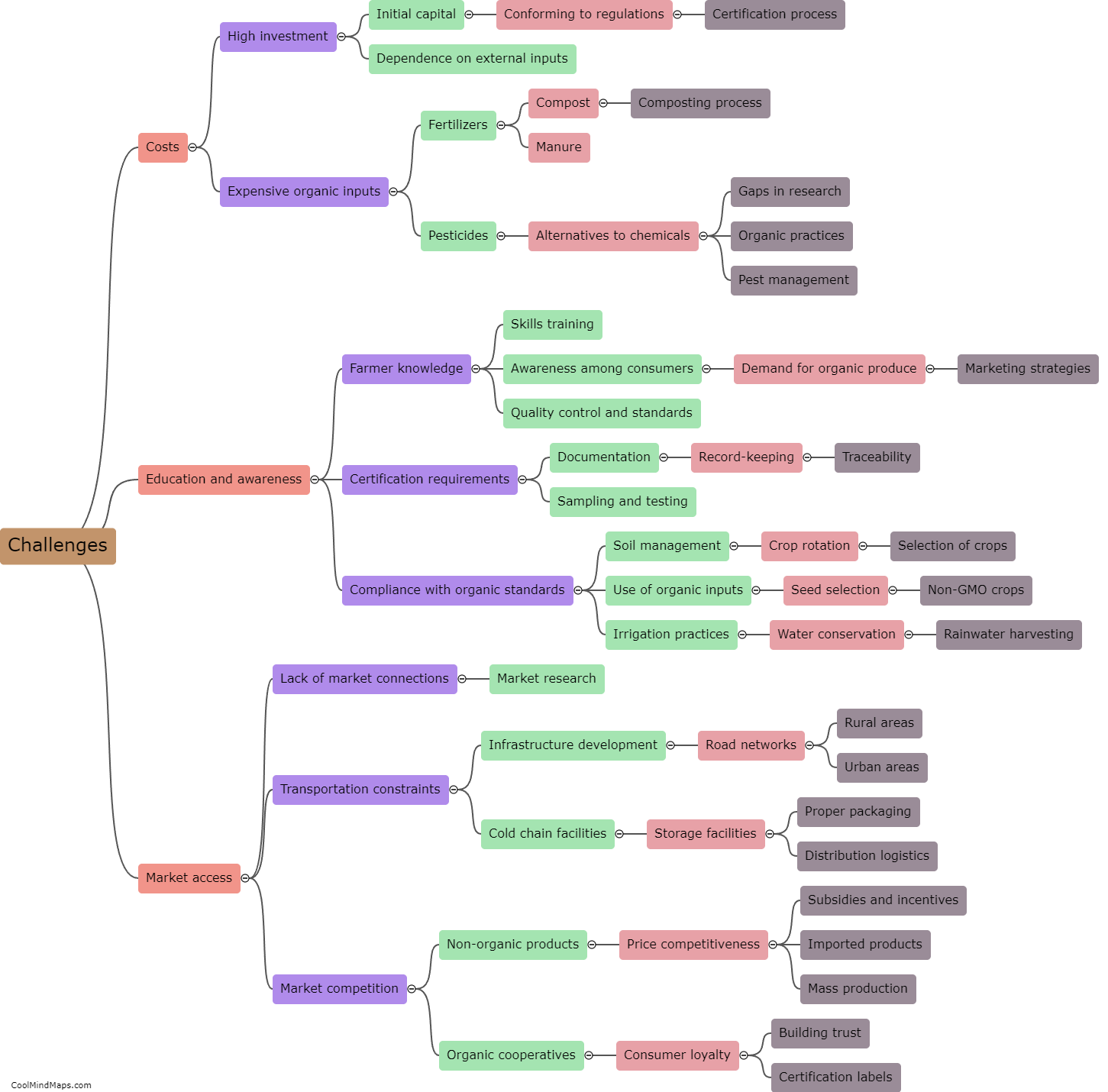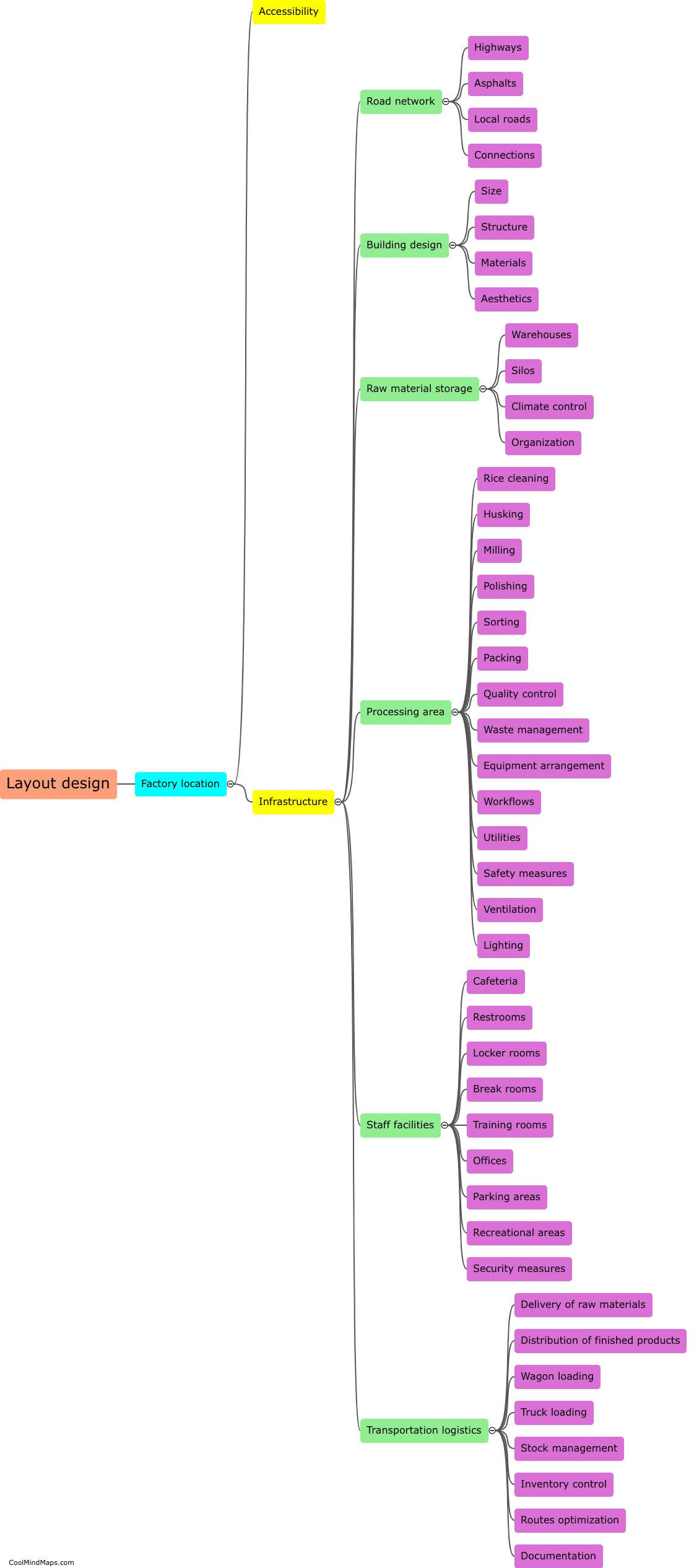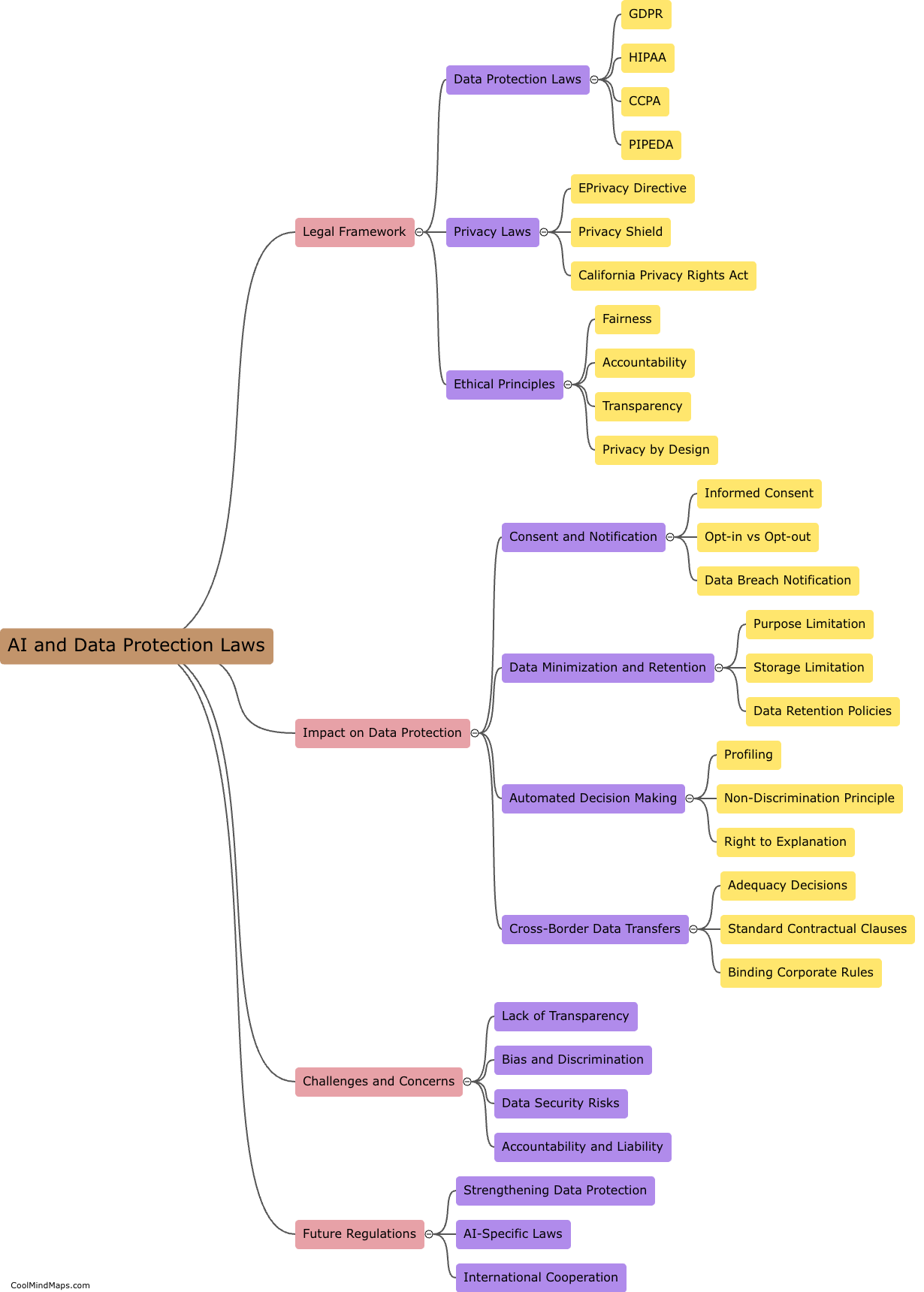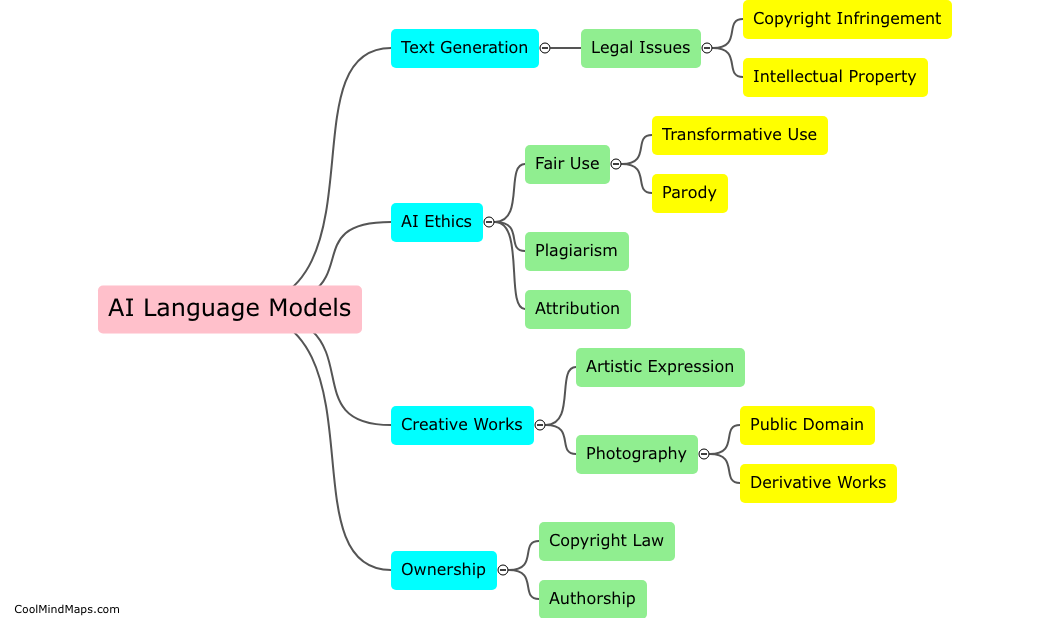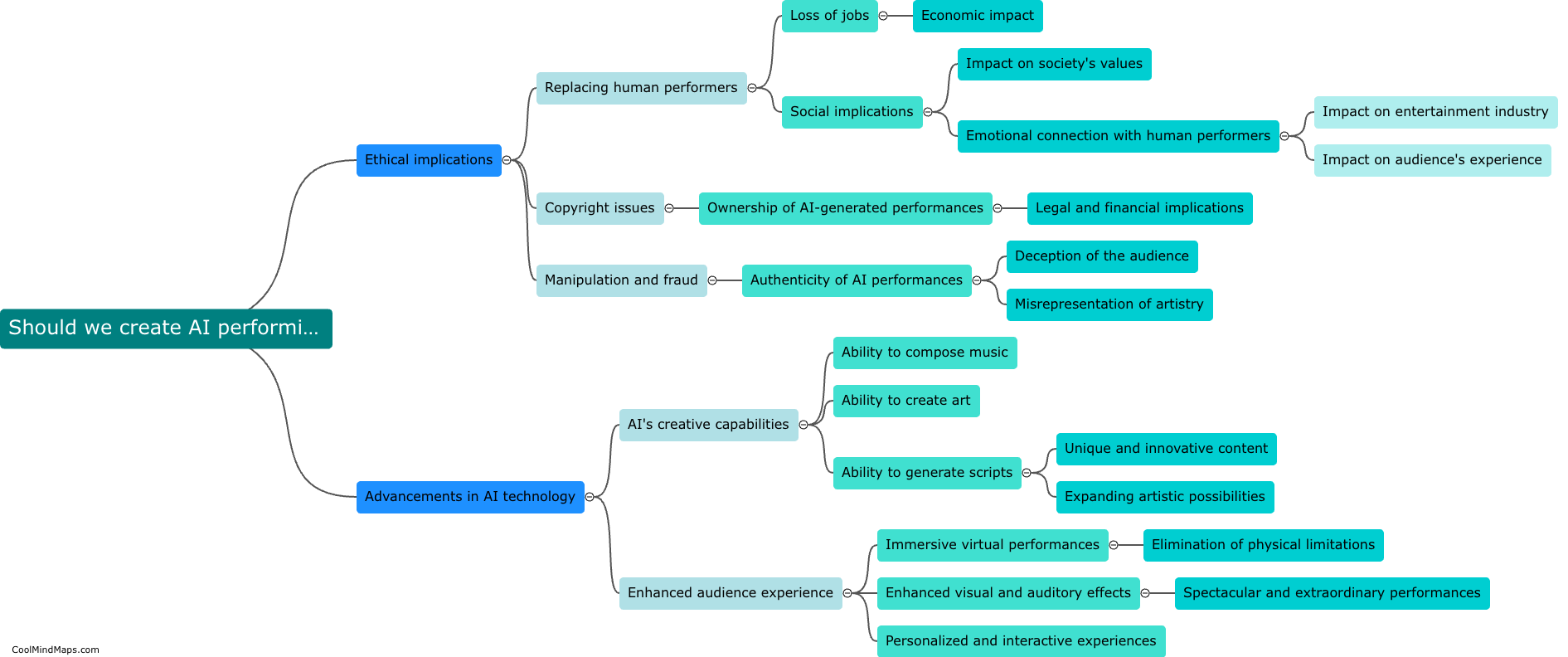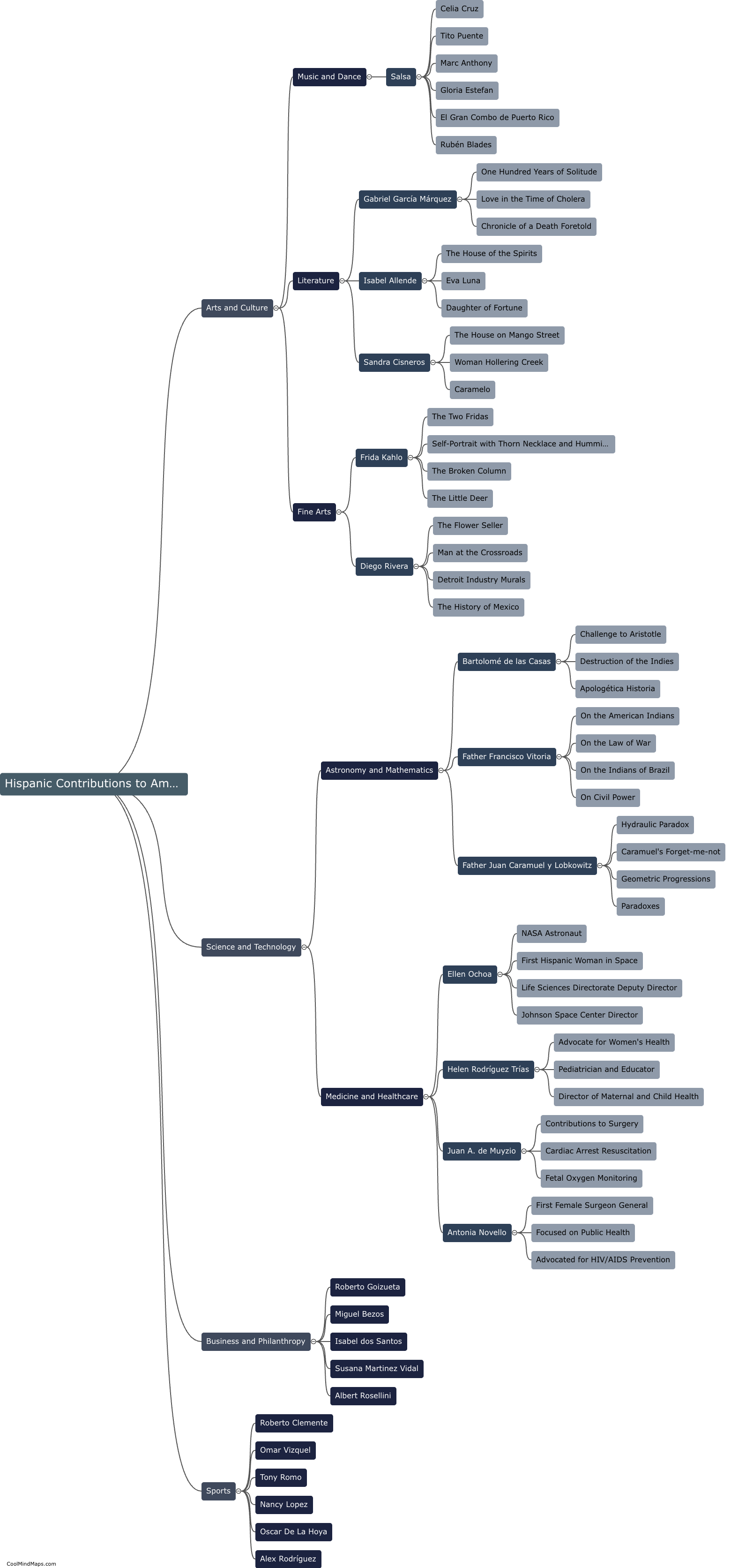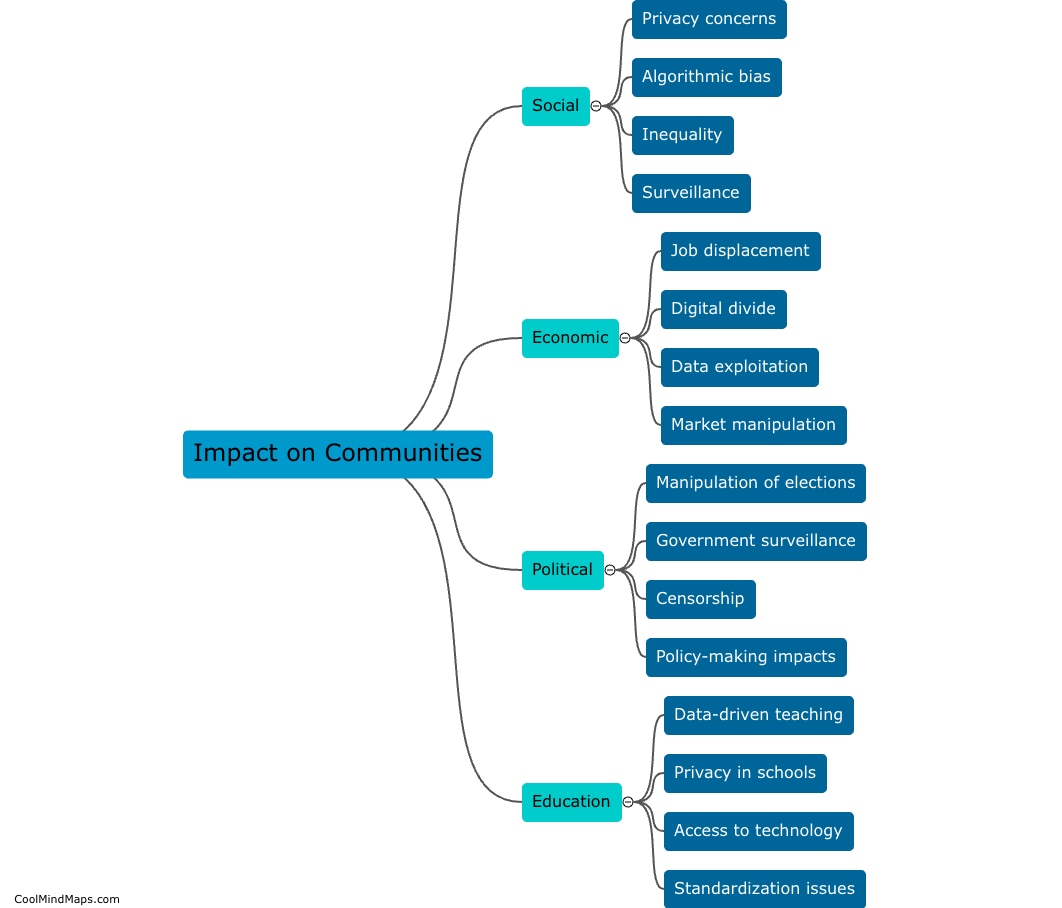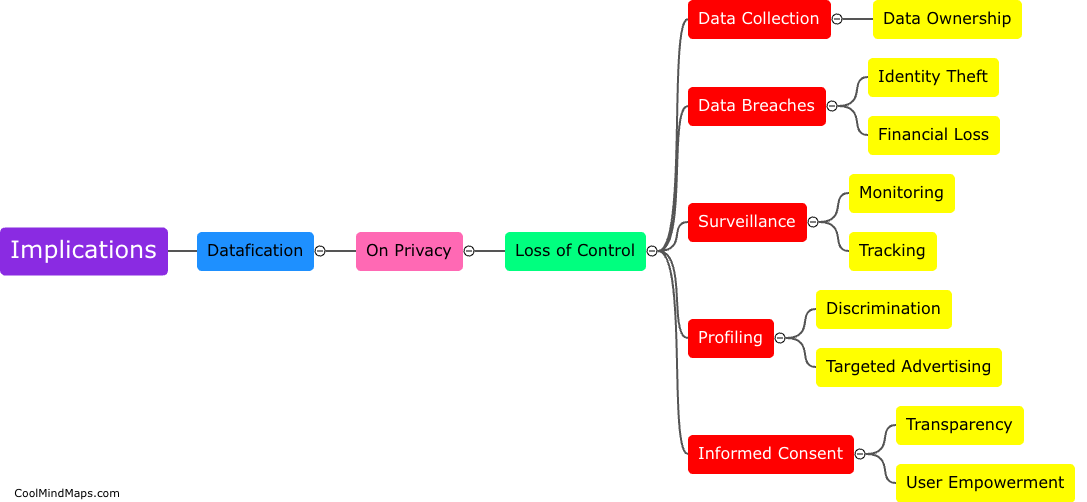What are the privacy and civil rights implications of facial recognition technology?
The increasing use of facial recognition technology brings about significant privacy and civil rights implications. On one hand, it offers potential benefits such as enhanced security, personalized services, and streamlined processes. On the other hand, concerns arise due to the potential abuse and misuse of this technology. Facial recognition can infringe upon privacy by enabling continuous surveillance and tracking of individuals without their consent. It can also lead to heightened discrimination and bias, as the algorithms used may be biased against certain racial or ethnic groups. Additionally, there are concerns regarding the storage and security of facial recognition data, as unauthorized access could result in identity theft or profiling. Therefore, it is crucial to strike a balance between the benefits and risks associated with facial recognition to ensure the protection of privacy and civil rights.
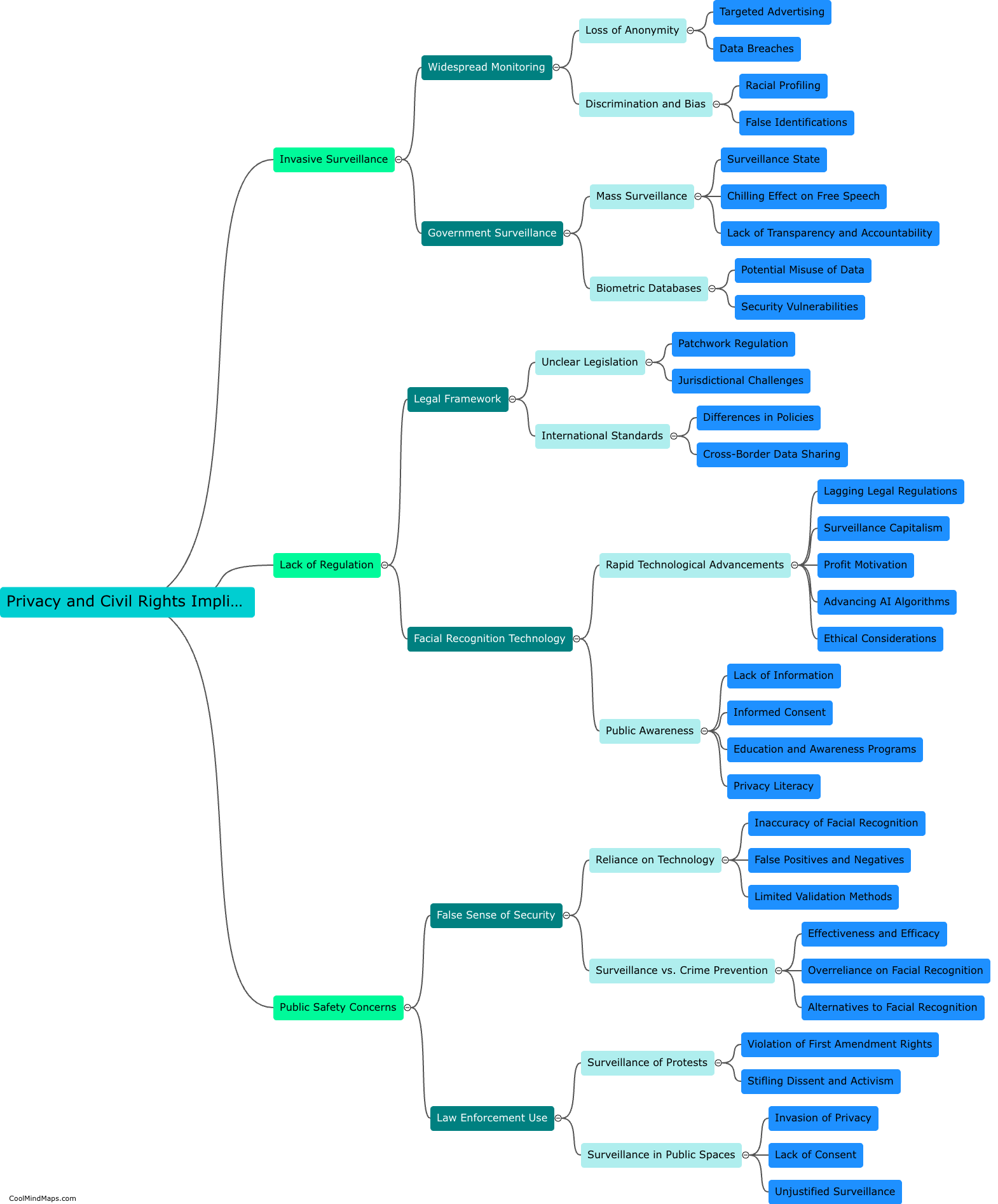
This mind map was published on 19 September 2023 and has been viewed 96 times.
